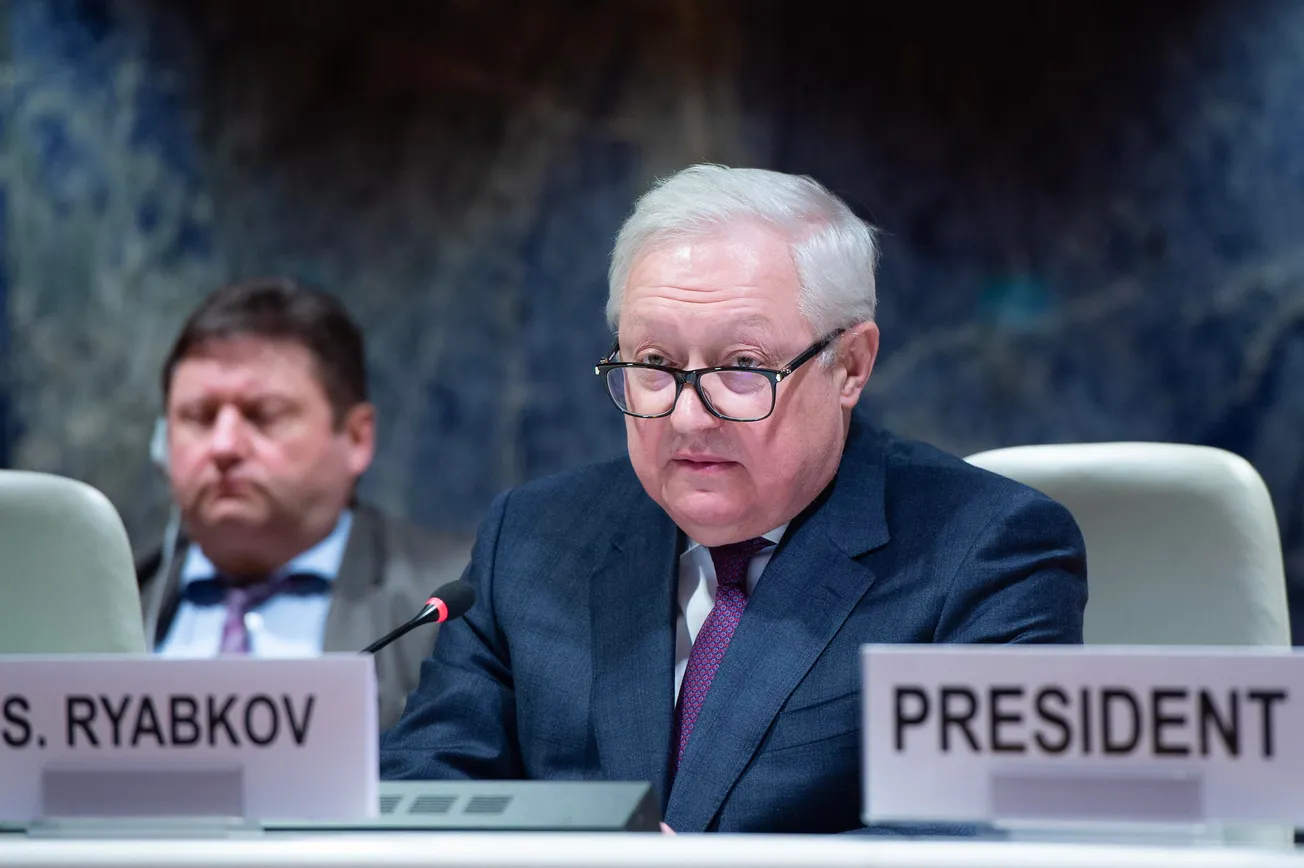Yesterday, the article by Dmitry Trenin, Academic Supervisor of World Military Economy and Strategy at Moscow’s Higher School of Economics University, entitled “Negotiations with the United States Will Affect the Military-Political Situation in the World,” was translated into English and published by RT. His clear message is that President-elect Donald Trump’s likely negotiation position on the Ukraine conflict, while obviously deficient, does offer a beginning—but Trump would quickly have to deal not so much with Ukraine, but with “the broader military and political stability in Europe and beyond.”
Between his Dec. 3 Russian article in Rossiyskaya Gazeta and yesterday’s version by RT, Trenin participated in a vital discussion in the Dec. 7 Schiller Institute panel, “The Strategic Crisis: New and Final World War, or a New Paradigm of the One Humanity?"](https://youtu.be/pPRUHXXnyIQ). RT’s version, “Dmitry Trenin: Why Trump Needs To Call Putin on Day One,” follows:
“The practice of leaking proposed diplomatic plans is standard in Western political culture, making the recent publication of a reported framework for resolving the Ukraine conflict—allegedly authored by U.S. President-elect Donald Trump’s pick for special envoy to Kiev Keith Kellogg—unsurprising. Such moves often serve to test the likely reactions of key players before formal talks begin.
“From a realpolitik perspective, it would make sense for Trump, after his inauguration, to call Russian President Vladimir Putin and propose sending Kellogg—or another senior figure—to Moscow for negotiations. While the exact content of Trump’s future proposal remains unclear, its general theme—‘peace from a position of strength’—seems obvious.




